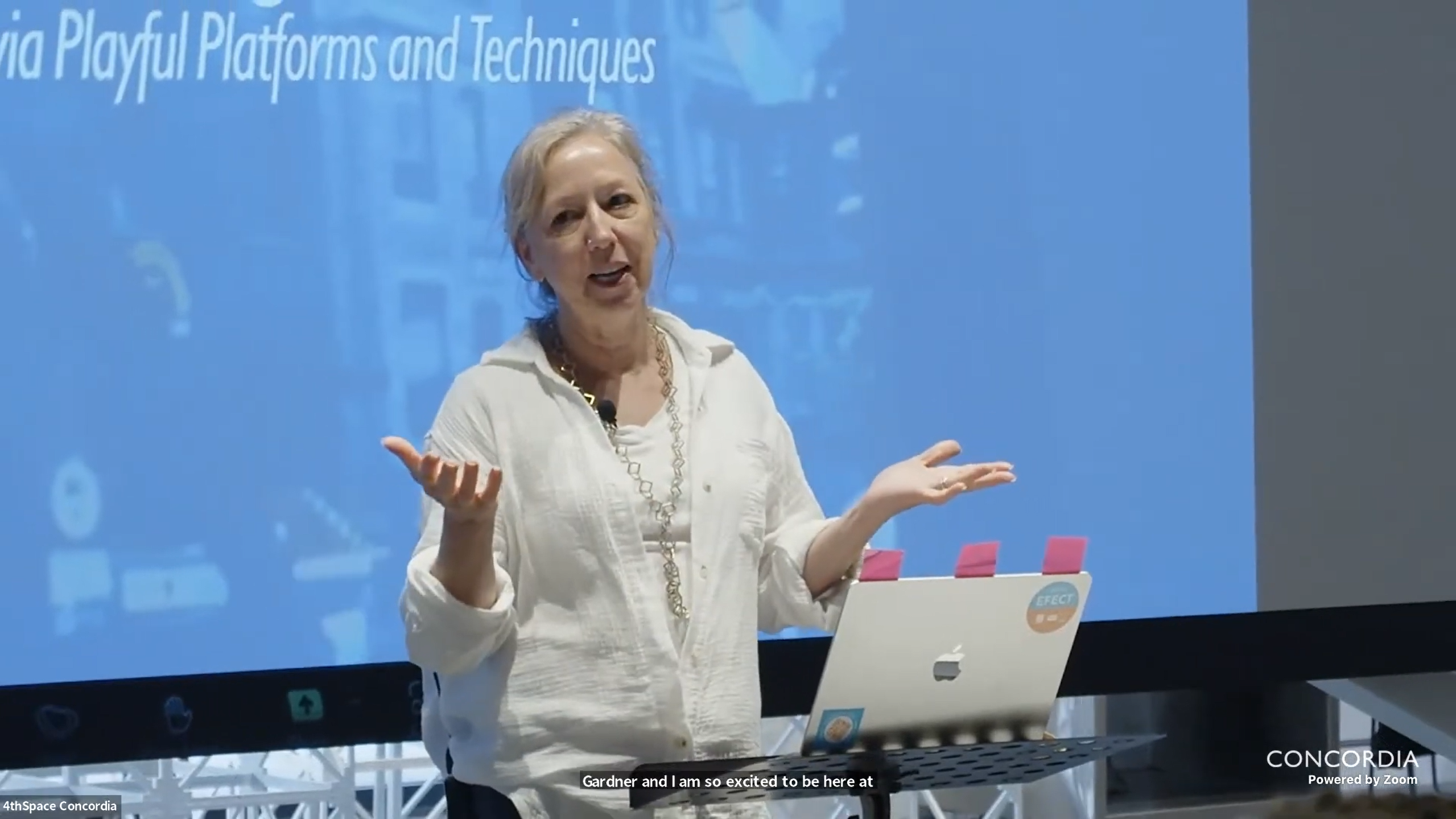About:
Paula Gardner, PhD, is the Asper Chair in Communications in the Faculty of Communication Studies and Media Arts and directs Pulse Lab at McMaster University. She is a feminist, human rights, and anti-oppression activist-researcher, engaging in deeply collaborative and multimodal/creative practice. Gardner and colleagues work with communities to co-create tools, technologies, and learning exchanges that meet the needs of diverse ageing, youth, migrant and equity-seeking groups.
Gardner is invested in co-design approaches that engage creative practices informed by feminist, critical disability, and intersectional approaches, to create platforms and interactive experiences that support creativity, well-being, equity, access and growth for participants.
Gardner is engaged in various trans-faculty and trans-sectoral ageing research projects at McMaster University. She directs the ABLE Village project, an open-access gaming platform for older adults and their families, which is highly accessible for people with diverse abilities and interests; to visit, click on this ABLE link. Gardner is also a co-PI on the Age-Well-funded “MAC M3- Monitor My Mobility Project” engaging an interdisciplinary team and stakeholders to develop an accessible, comprehensive mobility monitoring tool and the sMAP (Smart Mobility and Aging) cross faculty aging and mobility training program. Her creative practice has been supported by Canadian funders including SSHRC, Heritage Canada, and National Centres of Excellence.
Gardner’s EFECT team (Experiments in Feminist Ethical Collaborative Tools and Technologies) recently completed our three year collaboration with community education groups to develop curriculum for youth to address digital security and violence and campus rape culture. This materials, open access and highly accessible, take the form of a Critical Digital Literacy Workbook and our EFECT podcast series; they are available at EFECT.CA or on this website.
Working with colleagues in South Africa, Gardner and co-researchers are testing the EFECT curriculum on digital safety and gender based violence at sites in both countries. The team aims to understand how digital and gender-based violence manifest with similar dynamics but different language and scenarios and to empower youth to recognize and confront these practices.
Latest from Dr. Paula Gardner


Concordia University - Fourth Space ➚
Dr. Paula Gardner: Disrupting Ageism in Design via Playful Platforms and Techniques - B/OLD Events May 2024
# Events and Activities




